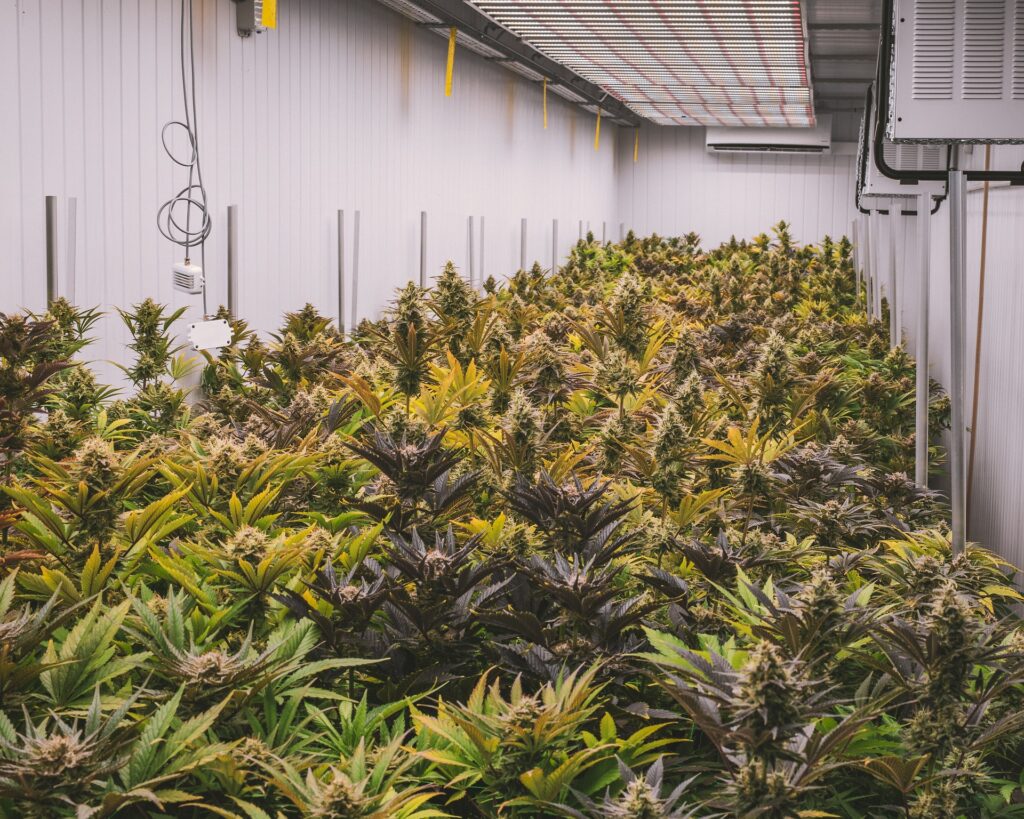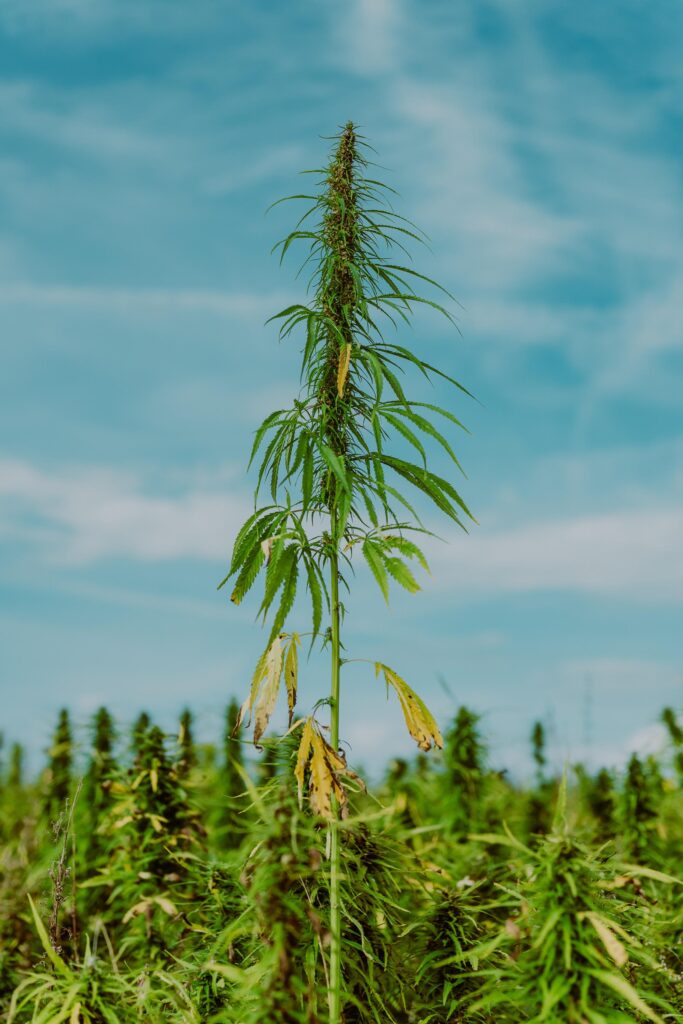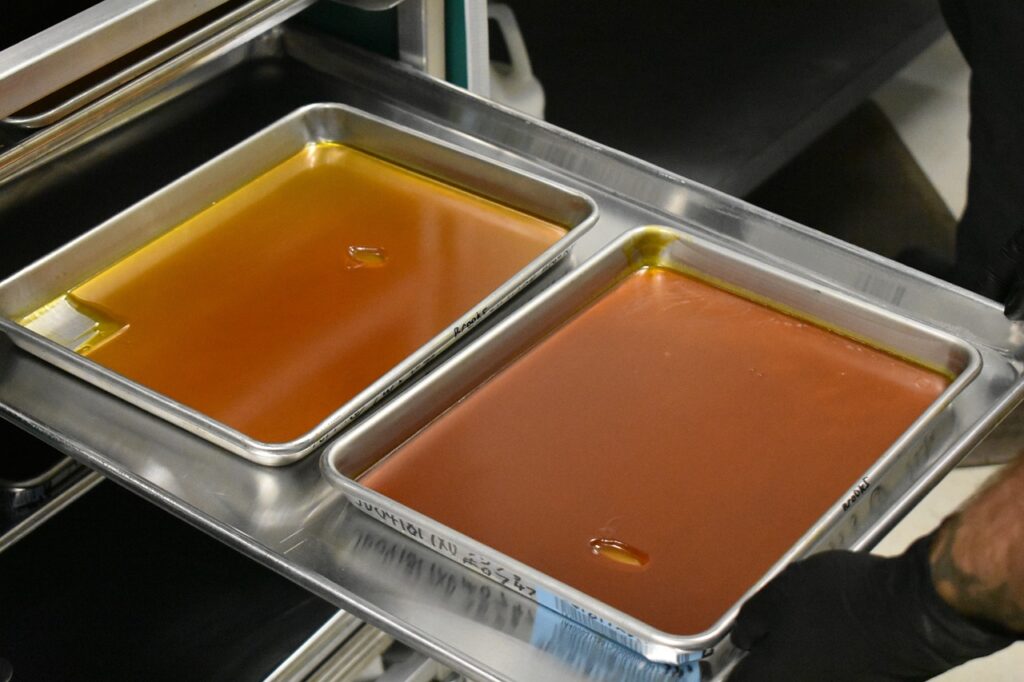Cannabidiol (CBD) is a non-psychoactive compound found in the cannabis plant that has been shown to have a wide range of therapeutic benefits. Due to its growing popularity as a therapeutic agent, there has been an increasing interest in understanding the appropriate dosages of CBD for humans.
The appropriate dosage of CBD can vary depending on several factors, including the individual’s body weight, the condition being treated, and the individual’s sensitivity to CBD. It is recommended to start with a low dosage and gradually increase it until the desired effect is achieved.
When it comes to determining the appropriate dosage of CBD, it’s important to note that there is currently a lack of scientific consensus and research in the field. However, some studies have provided guidance on appropriate dosages for specific conditions.


One study found that a daily dose of 300-600 mg of CBD was effective in dramatically reducing anxiety symptoms. For sleep disorders, a study found that a daily dose of 160-240 mg of CBD effectively improved sleep. Another, conducted in 2018, aimed to evaluate the safety and efficacy of CBD oil for the treatment of chronic pain.
The study was a randomized, double-blind, placebo-controlled trial that included 117 participants with chronic pain. The participants were randomly assigned to receive either a daily dose of CBD (2.5-20 mg) or a placebo for 12 weeks. The participants’ pain levels were assessed using the Numeric Rating Scale (NRS), a commonly used measure of pain intensity.
The study found that the participants who received CBD experienced a significant reduction in pain compared to those who received the placebo. Specifically, the group that received CBD had an average decrease in pain of -3.4 points on the NRS, while the placebo group had an average reduction of -2.4 points.
The study also found that the participants tolerated CBD well and that no significant adverse events were reported. This suggests that CBD may be a safe and effective treatment option for chronic pain.
It’s worth noting that the study had a small sample size and a short study period, so the results should be interpreted with caution. It’s also important to note that while this study suggests that CBD may be beneficial for reducing pain, it doesn’t mean that it will work for everyone. More research is needed to establish definitive dosage guidelines for pain management.
The bioavailability of CBD also plays a role in determining the appropriate dosage. Bioavailability refers to the amount of a compound that can enter the bloodstream and have an active effect. Different administration methods, such as oral, sublingual, and inhalation, can have different bioavailabilities. For example, the bioavailability of CBD when taken orally is relatively low, around 15-20%, due to the first-pass metabolism in the liver. Inhalation, such as through vaporization, has a bioavailability of around 34-46%.


Additionally, as CBD is not yet an FDA-approved drug, there are no official dosage recommendations. It’s worth noting that the products available in the market may vary in terms of CBD’s purity and content, which could affect the appropriate dosage.
It’s important to purchase CBD products from reputable sources with third-party lab reports to ensure they contain the CBD listed on the label.
It’s always recommended to start with a low dose and gradually increase it until the desired effect is achieved. It’s always important to consult with a healthcare professional before starting to use CBD, especially if you are currently taking any medications. They can provide personalized advice based on your circumstances and medical history.
Determining the appropriate dosage of CBD for humans can be challenging due to a lack of scientific consensus and research. However, some studies have provided guidance on proper dosages for specific conditions. It’s essential to start with a low dosage and gradually increase it until the desired effect is achieved. Speak with a healthcare professional before starting to use CBD, especially if you are currently taking any medications. The bioavailability of CBD also plays a role in determining the appropriate dosage, and it might vary depending on the method of administration.